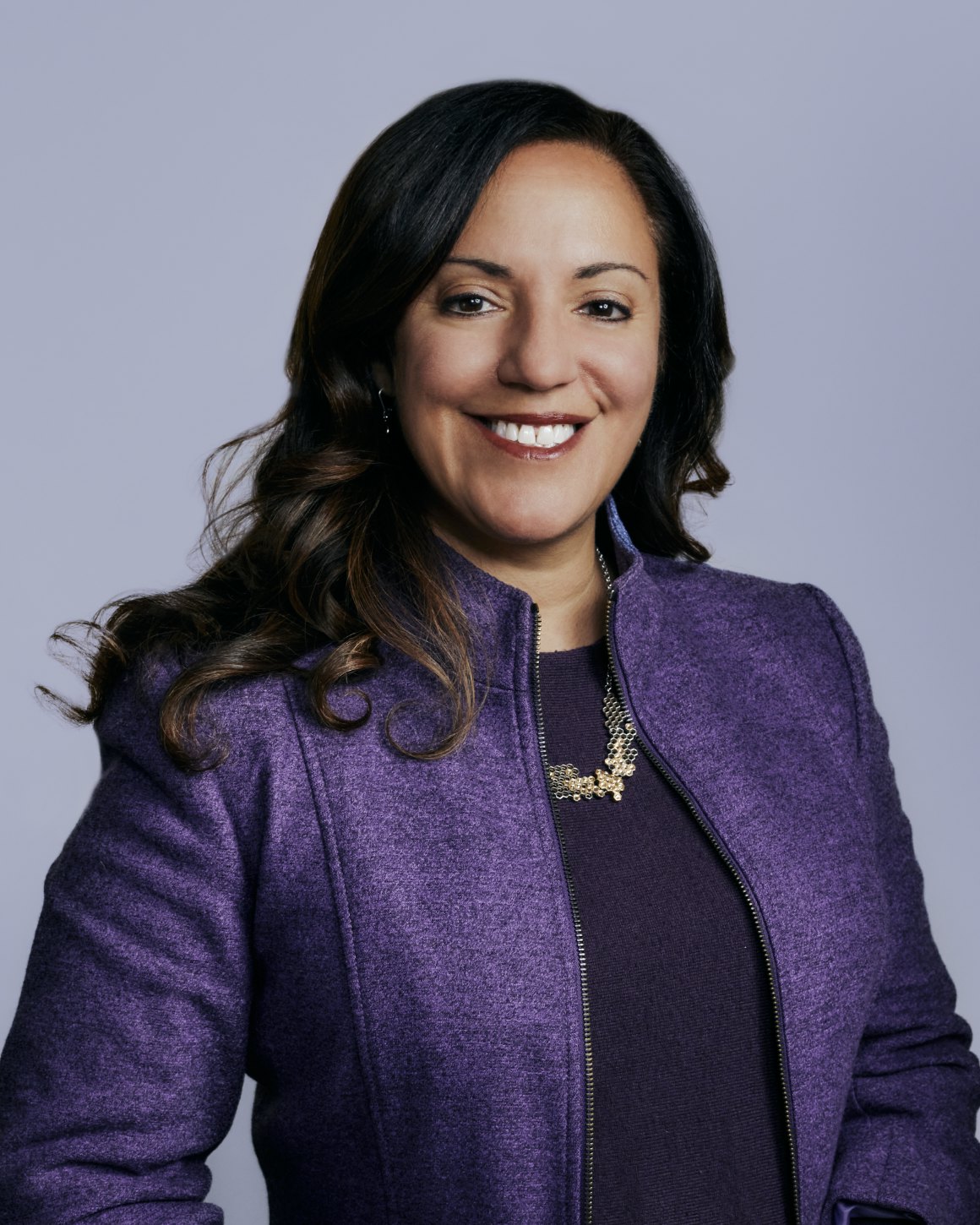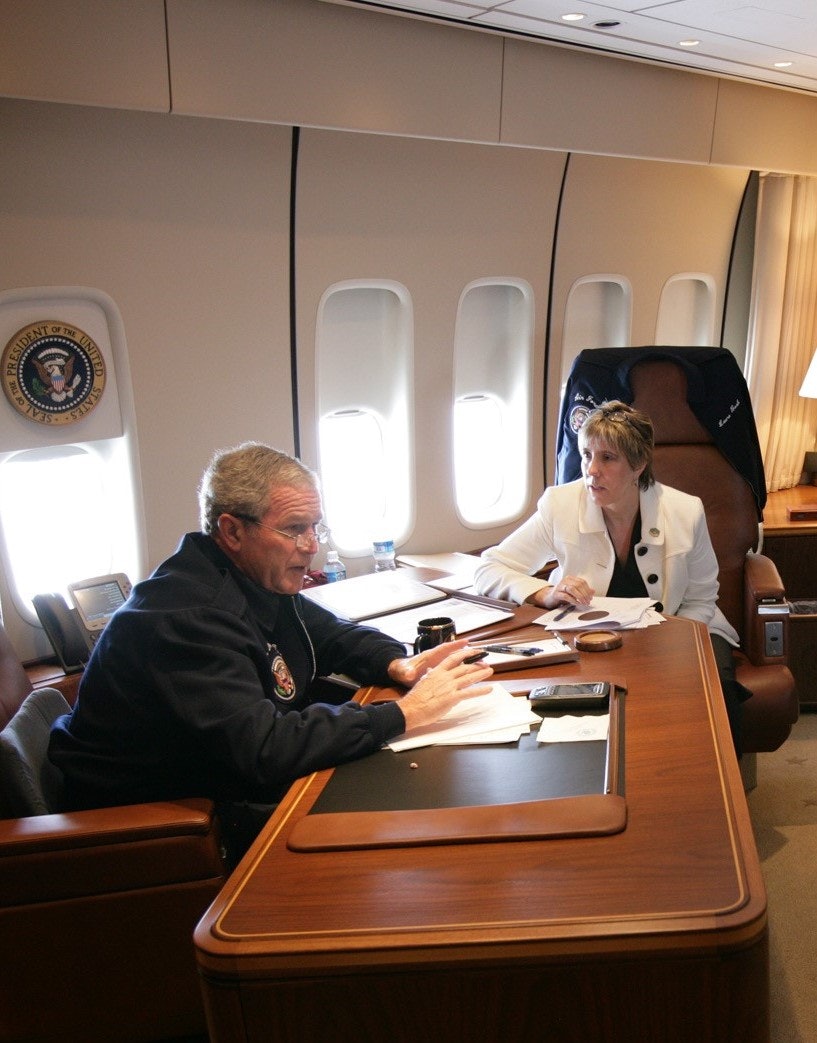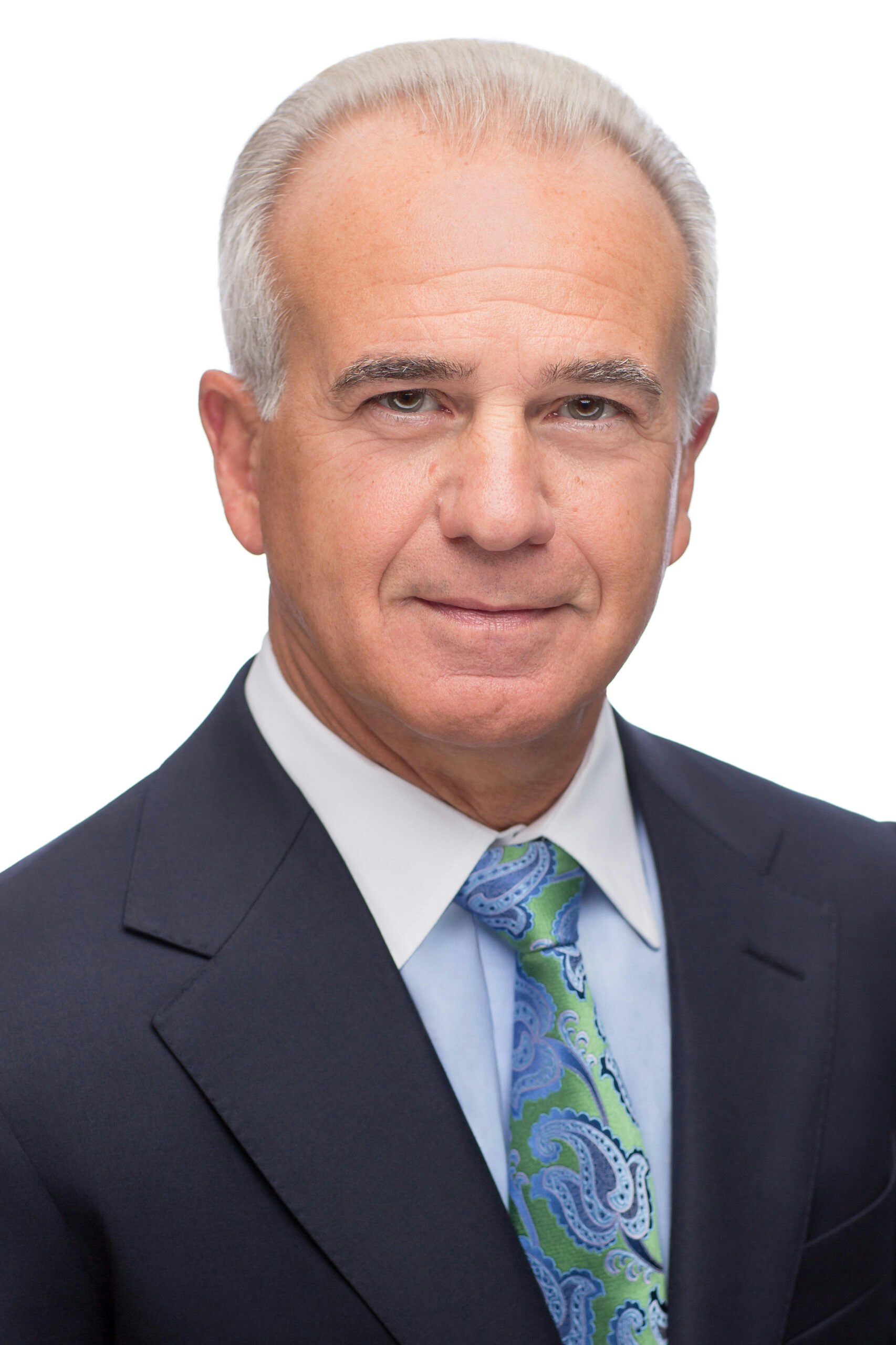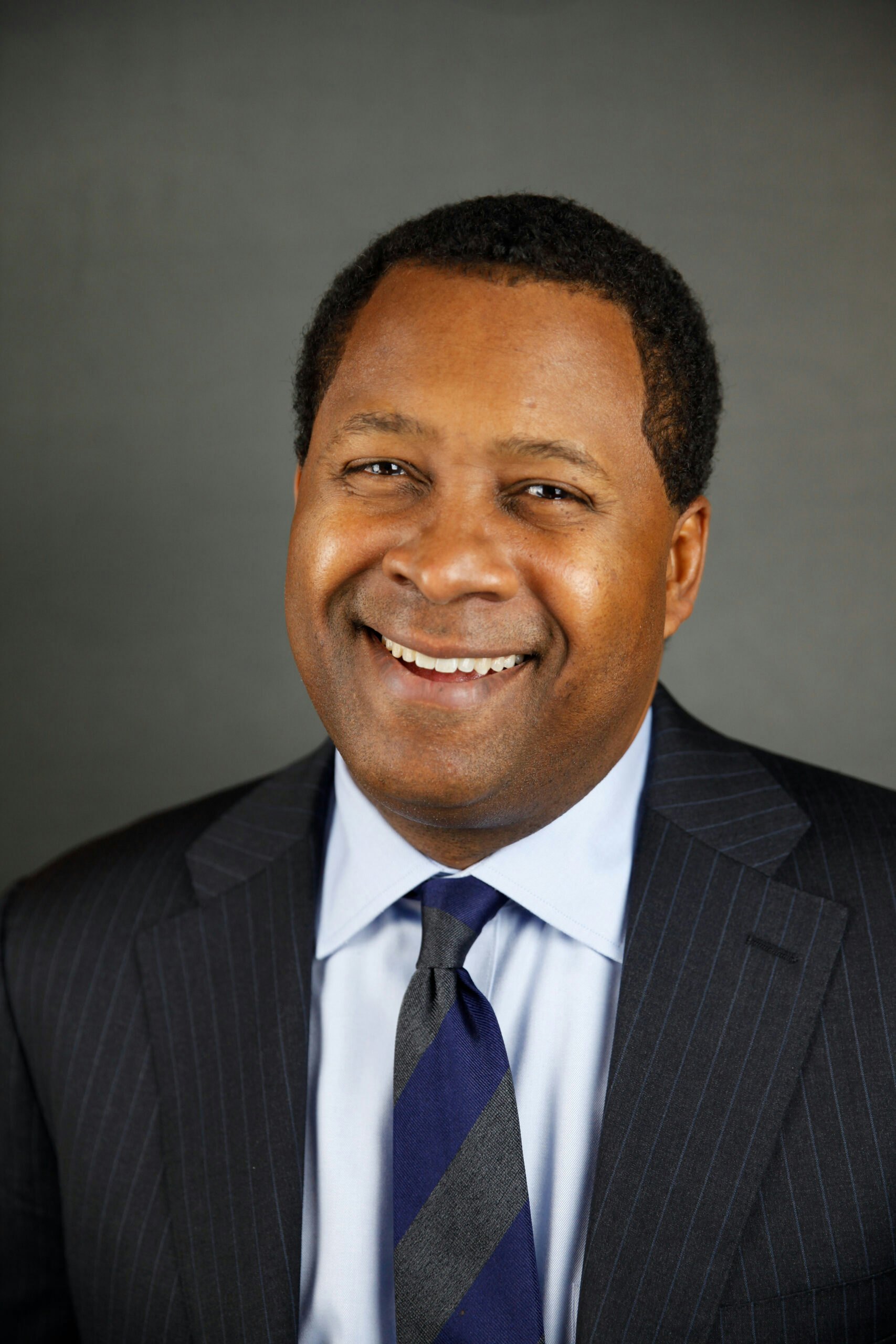In this month’s “Five Questions With…” Fleischer shed light on why he wrote his new book and shares a favorite media-related anecdote about President Bush.
Ari Fleischer served as President Bush’s Press Secretary from January 2001 to July 2003. Today he is a communications consultant and Fox News contributor. His second book, “Suppression, Deception, Snobbery, and Bias: Why the Press Gets So Much Wrong—And Just Doesn’t Care” was published by Harper Collins on July 12. In this month’s “Five Questions With…” Fleischer shed light on why he wrote the book and share a favorite media-related anecdote about President Bush.
Q: In your new book, you express concern that for decades, people who go into journalism are predominantly liberal and supporters of Democratic party candidates. Do you have a theory why this is the case?
It’s self-selection, I think. Just as most people who go to Wall Street tend to be more conservative and most people who go to Silicon Valley tend to be more liberal, most people who go into journalism tend to be college-educated, Democratic voters. It’s been that way for decades, but now it’s worse because objectivity is less important, especially for younger reporters. Too many younger reporters, especially political reporters, have confused activism with journalism and that’s not good for the public.
Q: You write that too many in the media today are “badly out of touch with much of America.” What role does this play in how polarized the country is…and is it related to how the American people have lost faith in the media – a once trusted institution?
I’m convinced the mainstream media is one of the reasons we’re so divided. Too much of the mainstream media look down their noses at conservatives, or populists, or people from rural areas, or people who own guns. “If only those people read the New York Times or watched CNN they would realize how wrong they are about politics,” seems to be the thinking of too many reporters. The press thought Trump had little to no chance to beat Hillary in 2016 and I really don’t think the press has learned much about America since then.
Q: You write, “Some stories are left on the cutting-room floor because too few people care about them. Other stories are left on the cutting-room floor because conservatives care deeply about them.” New CNN leadership has pledged to book more conservative voices. Are you optimistic this is a step in the right direction?
I’m not hopeful yet, but I sure am curious. It would be great if CNN became a news network again, dedicated to neutral and objective reporting, instead of a place to watch anchors give their opinions all day long. Under Jeff Zucker, anchors and reporters let their opinions rip, as if every show was a nighttime opinion show. And their opinions were always biased – to the left. That’s not good journalism.
Q: Throughout the book, you cite specific examples demonstrating media bias. For example, the Washington Post story of Justice Ruth Bader Ginsburg’s passing ran under the headline, “A pioneer devoted to equality.” Four years earlier when Justice Antonin Scalia died, the Post headline read, “Supreme Court conservative dismayed liberals.” In your White House years, we began to see opinion injected into straight news stories, sometimes under the banner of “analysis.” As news coverage has become increasingly subjective, is there any reason to hope journalism will return to its traditional role of free, independent and impartial?
The mainstream media is in decline and in denial. Conservative media is booming. I would prefer a world in which a citizen could read one paper or watch one show (Special Report with Bret Baier on Fox News is the best show) and get the news straight. Instead, you have to watch multiple outlets and read many items just to learn what’s really going on. I get that the media tailors its news to target its audiences, but the mainstream bias is off the charts, despite most reporters claiming to be objective. I hope the trend turns and objectivity and neutrality become important again.
Q: Can you leave us with a favorite story of President Bush’s dealings with the news media from your time as White House Press Secretary?
The President would regularly tell me he was in a “news blackout” and didn’t watch or read what was reported. It didn’t take me long to realize, despite the blackout, he must have had night-vision goggles. He always knew what was being reported, but thankfully he didn’t dwell on it or let it consume him. He would go back to the Mansion in the evening with his briefing book for the next day and watch ESPN. I always thought that was healthy.




























